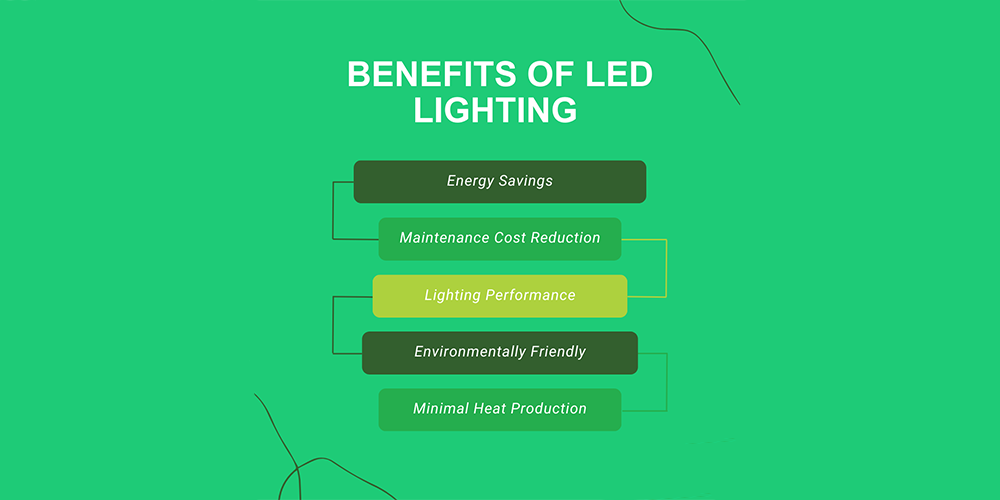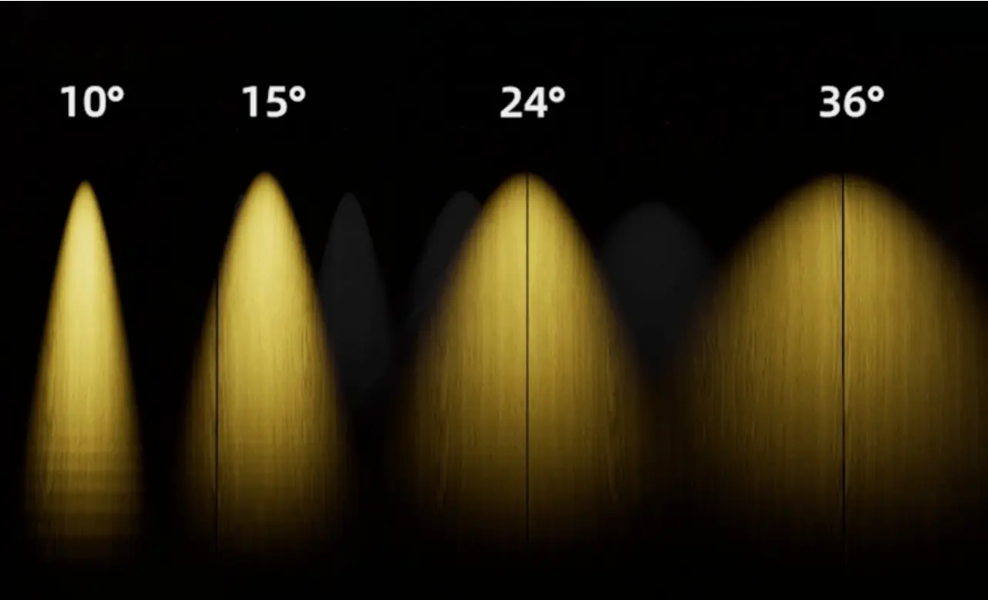LED Lighting technology has had a significant impact in the world since its inception. One of the most assumed notions about LED lights is that it’s brighter than conventional lighting solutions (fluorescents, incandescent, halogens, etc.). Well, that’s hardly the case! LEDs are as bright as other lighting solutions but consume energy at a lower requirement.
We need some information on understanding light and brightness. There are two units that we need to take note of, Lumens and wattage.
l Lumens are the measurement of luminance which is the power of light that our eyes can perceive or a light source’s luminous flux.
l Wattage is the measurement of power. Traditional lighting solution bases their light output count on wattage, while LEDs sums it using lumens.
When choosing downlights the LED option is a balance between efficiency (watts) and brightness (lumens). For example, if you usually use a 60-watt incandescent bulb, you now probably want to choose a LED downlight that uses 8 to 12 watts and has a lumen rating of 800 for the same amount of illumination.Using LED bulbs will lower your power consumption 5 times less than a traditional fixture
.
However, if you're confused about lumens don't worry! Below is a chart that gives you a guide to the brightness of lumens per watts as compared with incandescent bulbs.
| LUMENS | INCANDESCENT | LED |
| 2500lm | 160W | 25W-28W |
| 1500lm | 100W | 15W-20W |
| 800lm | 60W | 8W-10W |
| 450lm | 40W | 5-8W |
The Brightest LED light
If you’re wondering how bright LEDs can become, there’s no telling to what extent this technology can evolve. Until today, LEDs are continually innovating to cater to consumers’ various needs. When choosing LED lights, the higher the brightness is not the better, for example, some LED lights are up to 800 watts of flood light which used to illuminate stadiums, and can produce 80000 lumens! It’s exceedingly bright and ideal for outdoor use. If you putting it inside your home will be overwhelming.
Benefits of LEDs
LED lights are packed with many benefits, some of its well-known advantages are its energy-efficient, high energy efficiency, long average lifespan, are more durable, and offer comparable or better light quality than other types of lighting. Aside from that, LEDs are beneficial not only for you but also for the environment! It is made of environmentally friendly materials and does not contain mercury or harmful substances. Since it lasts long, it can help reduce the number of light bulbs that reach landfill. Maintenance costs are greatly reduced.

Choosing the Best LED Downlights
Downlights always make the cut when thinking about the most common applications of LEDs. It’s a fixture you’ll see in most modern homes, and they’re trendy for their discreet and warm general lighting. However, when shopping for an LED downlight, there are many considerations to think about. So, here’s a simple guide to help you pick the ideal downlight for your needs!
1. Colour Temperature
When determining the colour temperature pick the colour that’s most appropriate for the space.
l 2700k-3500K Warm light, suitable for intimate spaces like the bedroom as it can bring a relaxing atmosphere.
l 4000K-4500K Natural light, it is an excellent all-around colour temperature since it has a clean and cool look but still gives off a bit of warmth without overpowering your vision. It’s like having a natural skylight seeping through your ceiling!
l 5000K-6500k Cool light, suitable for the kitchen or laundry room
2. Beam Angle
The beam angle of LED lights is basically the angle of the light through which the light spreads from wherever it is placed. In simple terms, it is a measurement of light’s distribution. It is also referred to as beam spread. It affects ambiance and visibility. It is worth noting that the areas illuminated by different beam angles are different, and the spatial brightness within the beam angle will be relatively high. In the area outside the beam angle, because there is only indirect light illumination, the brightness will be lower.

| CATEGRY | Downlight | Track Light | Spot Light | Linear light | Flood Light | UFO Highbay Light |
| Beam angle | 10°/15°/20°/24°/36°/40°/45°/50°/55°/60°/90°/110°/120° | 15°/24°/36°/45°/60° | 8°/15°/24°/36°/45°/50°/55°/60° | 8°/12°/15°/30°/36°/45°/80°/110°/120° | 15°/30°/60°/90° | 15°/60°/90°/120° |
3. Rendering Index
CRI is a light source’s ability to reveal an object’s colour. The value ranges from 1 to 100. Generally, a good CRI rating is between 80 – 90. However, if you want the vibrant tones to pop, get natural white light with a high CRI rating (90 and above).
Conclusion
Choosing the right brightness level depends on the environment and the intended use of the LED light. So, instead of finding out the most brilliant, getting the best downlight for your needs is better! If you don’t know where to get high-quality LED downlights, visit our website